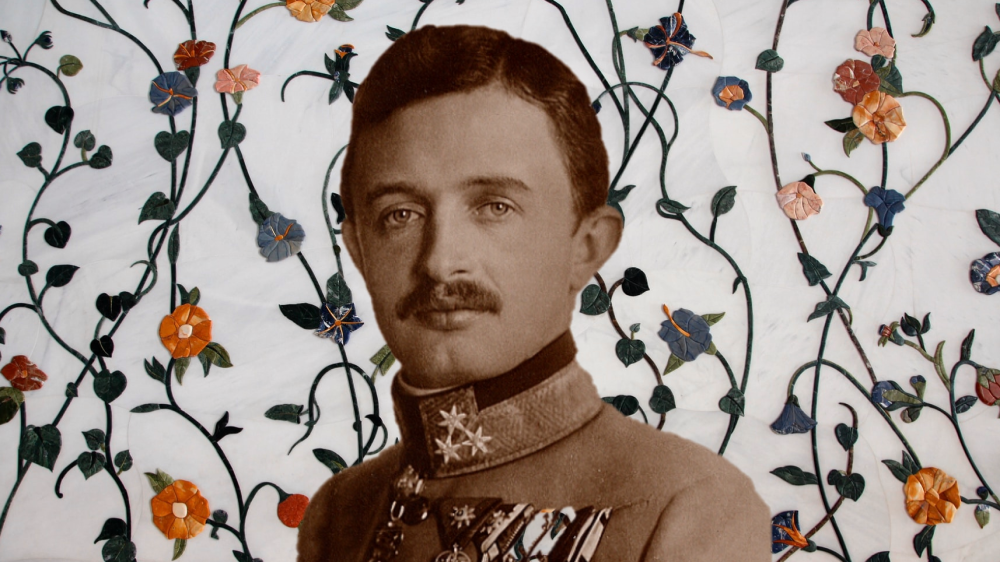Blessed Karl of Austria

There has been a strong campaign, going on for many decades now, for the canonisation of Blessed Karl of Austria – also known as Charles I of Austria. As the last emperor of Austria-Hungary, he put extraordinary efforts into pursuing peace during World War I, which was tearing through Europe at that time.
Putting his faith first
Blessed Karl always put his faith first and it is now widely believed that his faith dictated all his personal as well as political decisions in his life. The reader would remember that it was the assassination of Archduke Franz Ferdinand of Austria that would trigger World War I in 1916. Franz Ferdinand was the heir presumptive to the Austria-Hungarian throne and Blessed Karl was his nephew and next in line to the throne. His uncle’s children were not eligible to inherit the throne because of their morganatic marriage.
Blessed Karl would go on to become the Emperor during the war on 21 November 1916 after the passing of Emperor Franz Joseph. Soon after he took the throne, he started making behind-the-scenes moves to end the war as soon as possible. He opened secret communications with France in an attempt to secure peace.
It is important to know the context in which all this was happening to understand how risky this whole endeavour was. The entire Europe was burning with patriotic and nationalistic fervour and any effort towards peace with the enemy might have been seen as a betrayal when passions were running high on both sides. In fact, when the rumours started spreading that the Emperor was negotiating for peace, efforts were made to deny the whole thing until the French released official letters signed by the Emperor himself urging for peace and settling the territorial disputes through negotiations.
The Empire was also torn from within by political movements for autonomy by various ethnic groups within the Empire. The republican sentiment against the institution of monarchy was also growing strong during this period. In fact, with many nationalities declaring their autonomy and independence towards the end of the World War, the Austria-Hungarian Empire would cease to exist altogether.
Blessed Karl would die of pneumonia in exile on 1 April 1922 in Portugal. Even after his death, the propaganda against his peace efforts during the war continued for many years and this version of history was further promoted by the Nazi regime during their time in power.
Legacy restored
After the Second World War, the Europeans finally had enough of such nationalistic wars and the efforts of Blessed Karl for peace were finally recognised as a great noble effort. It was also pointed out that when everyone around him was blinded by the frenzy of war, he stood alone as a champion for peace because his faith helped him understand the necessity for peace and recognise the universal brotherhood of man.
The campaign for his canonisation was soon launched and taken up by the Vatican. Over the years, the process for his canonisation has advanced to the final stages. He was declared ”Blessed” by Pope Saint John Paul II on 3 October 2004 after the Vatican confirmed one of the miracles attributed to the intervention of Blessed Karl. His admirers around the globe are hoping that he will be canonised in the Jubilee year.
To know more about the other saints of the Catholic church, we recommend you read Saints for Every Day by Fr Antony Netikat CM.

